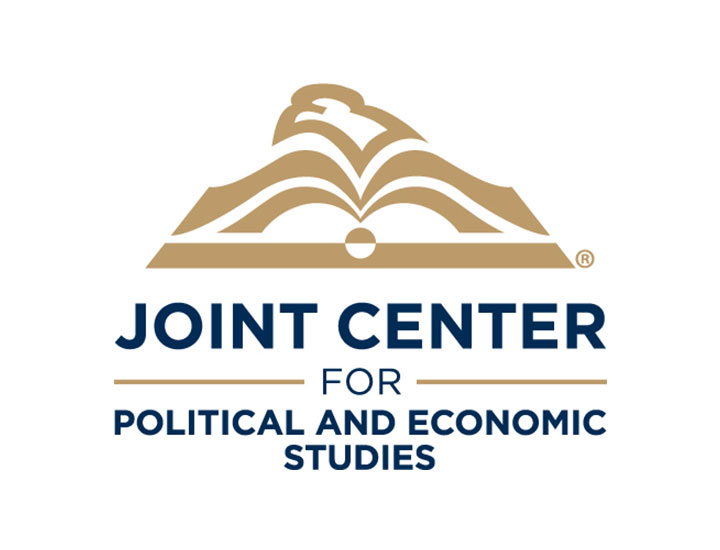Tech Policy

Joint Center President Testifies to Congress on ‘Protecting Americans from Big Tech Censorship’
On March 28, Joint Center President Spencer Overton provided expert testimony at a congressional hearing entitled “Preserving Free Speech and Reining in Big Tech Censorship.” The hearing was hosted by House Energy and Commerce Committee Chair Cathy McMorris Rodgers (R-WA) and Communications and Technology Subcommittee Chair Bob Latta (R-OH). Read Spencer’s opening statement below.
Chairs, Ranking Members, and Members of the Committee — thank you for inviting me to testify.
My name is Spencer Overton. I am the president of the Joint Center for Political and Economic Studies, which researches the impact of tech platforms on Black communities. I am also the Patricia Roberts Harris Research Professor of Law at GW, and my research focuses on democracy and tech platform accountability.
While I certainly favor tech platform accountability, this hearing’s framing, “Preserving Free Speech and Reining in Big Tech Censorship,” is inaccurate. The framing suggests that the way government preserves free speech is to prevent tech companies from engaging in content moderation. In fact, the First Amendment protects private sector tech companies in their right to determine what to leave up and take down on their platforms—this is part of their freedom of speech and freedom of association. The censorship the First Amendment prohibits is government attempting to restrict or compel private actors to speak in a particular way.
If we were to accept the characterization that tech platforms “censor” users every time they remove a post, that would have dangerous implications. That would mean that Fox News “censors” every time it selects hosts to lead its prime-time lineup. It would mean the Wall Street Journal “censors” every op-ed it declines to publish. Now, some partisans might want government to tell Fox News and the Wall Street Journal how to moderate their content, but that’s not in line with the First Amendment.
Because of the freedom of speech that private platforms enjoy in content moderation, TripAdvisor has the right to take down comments that aren’t related to travel. Truth Social enjoys the right to take down posts from users about January 6th committee hearings or who express pro-choice opinions. While existing research suggests that large platforms like Facebook, Instagram, and YouTube do not disfavor or target conservatives for removal—and in fact often bend their rules in favor of conservatives to avoid accusations of political bias and to keep this important audience that advertisers value—that’s really beside the point. The real point is that private companies have a First Amendment right to exclude content as they see fit, and that they are not preventing “free speech” or “censoring” users when they engage in content moderation.
Also, if we were to treat tech platforms as state actors and require that they keep up all constitutionally-protected speech that government cannot censor, the internet would be even worse—particularly for young children and teenagers. We’d see more pornography, violence, and graphic content. We’d see more instructions on self-mutilation and suicide, as well as more swastikas, holocaust denials, and white supremacist organizing. We’d see much more spam, medical disinformation, political disinformation, and deep fakes.
Now, even though the First Amendment protects private tech platforms, it does not demand that they bear no responsibility for what they choose to amplify. This kind of supercharged, unqualified immunity has no basis in the First Amendment, but is instead the product of courts’ overly broad interpretation of Section 230 of the Communications Decency Act. Republicans and Democrats can agree on several issues – like the fact that the internet is vastly different today than in 1996 when Section 230 was enacted. Today, tech companies design and implement algorithms and other platform features to maximize profits that unfortunately impose real harms on many Americans. Real bipartisan reform is possible if Republicans and Democrats come together to protect their constituents.
Spencer also submitted answers to additional questions from the subcommittee, which can be read here. To watch the entire hearing below, and read Spencer’s entire written testimony here, or below.
Spencer Overton Testimony For Preserving Free Speech And Reining In Big Tech Censorship

